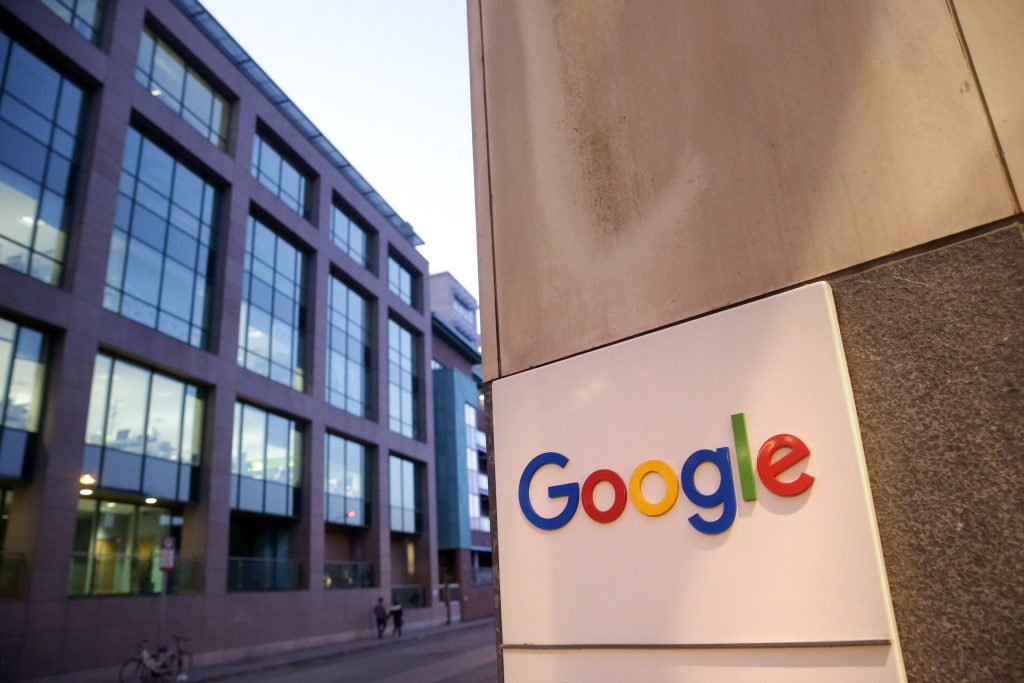
The Eastern Caribbean has created its own form of digital currency meant to help speed transactions and serve people without bank accounts.
According to The Eastern Caribbean Central Bank, its “DCash” is the first such blockchain-based currency introduced by any of the world’s currency unions, though some individual nations have similar existing systems.
It became available Wednesday, March 31, in a year-long pilot programme in four island nations: St. Lucia, Grenada, Antigua and Barbuda, and St. Kitts and Nevis.
DCash was created by Barbados-based fintech company Bitt in partnership with the central bank. Unlike cryptocurrencies, it is issued by an official central bank and has a fixed value, tied to the existing Eastern Caribbean dollar used across much of the region.
The system allows users even without bank accounts – but with a smartphone – to use a downloaded app and make payments via a QR code. Those without bank accounts would go to a previously approved agent or nonbanking financial institution who would verify a person’s information and then approve a DCash wallet.
That person would then go to a supermarket or other store and give the cashier physical cash which would then be deposited as digital currency in their wallet, Bitt spokesman Chris Burnett told The Associated Press.
In addition, there are limits on the amount of money people can send via DCash, there are no plans for now of integrating credit cards and interest does not apply to the digital currency.
The project comes more than two months after the European Central Bank, the Bank of Japan, the Bank of Canada, the Bank of England, the Swedish Riksbank, and the Swiss National Bank created a group to study whether they should issue digital currencies.
The Swedish central bank already has commissioned a pilot program. Meanwhile, China rolled out a digital currency in four cities in April 2020 as part of a pilot program that has since expanded to more than two dozen cities.
While many in the Eastern Caribbean cheered the historic move, some experts worry that digital currency issued by smaller countries could end up being used as a conduit for illicit activities, including terrorism financing and money laundering.
But that skepticism is waning as more central banks get into the act, and as central banks around the world face the inevitability of the declining use of physical cash.
The Bahamas last year became the first country to roll out its digital currency nationwide, and that the Marshall Islands is considering its own cryptocurrency. For smaller countries, “there is more at stake” in part because many people remain unbanked.
Officials said that the digital currency will be available in Anguilla, Dominica, Montserrat and St. Vincent and the Grenadines – which form part of the eight island economies under the Eastern Caribbean Central Bank – by September at the latest.
The project aims to see a 50 per cent reduction in the use of physical cash by 2025. It’s safer, faster and cheaper.
Central Bank Governor Timothy NJ Antoine said he envisions farmers, fishermen, small business owners, single mothers and people without bank accounts, among others, using the digital currency.
Antoine said it is harder to steal digital cash and said it’s a safe way to make payments while avoiding contact during the pandemic.
Source: Associated Press









